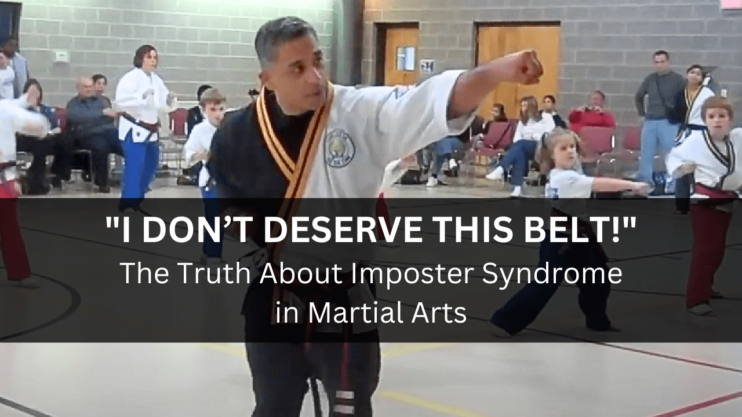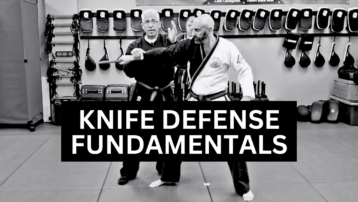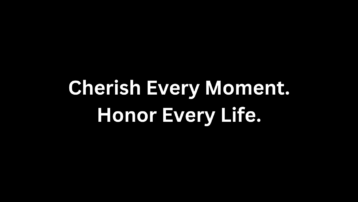As a martial arts instructor, I’ve heard this phrase too many times to count: “I don’t feel like I deserve this belt.” It’s something students say when they tie on a new rank and suddenly feel like they haven’t earned it. The truth is, I understand this feeling all too well because I’ve lived it myself.
When I tested for my 4th-degree Master Black Belt, I was running my school and had 26 of my own students testing for their 1st and 2nd-degree black belts at the same time. For three to five years leading up to that day, I had poured my energy into preparing them—polishing their techniques, guiding them through challenges, and making sure they were ready. But what I hadn’t done was put the same level of focus into my own preparation.
On the day of the test, I stood alongside my fellow 4th-degree Master Black Belt candidate, Master Pagurek. When it was time to present our Hyung (form), I stepped forward, took my stance, and began. Eight moves in—my mind went blank. Completely empty. I bowed, stood at attention, and waited while Master Pagurek carried on with his performance, delivering an outstanding execution of the form. I stood there motionless for three long minutes, watching as he completed the sequence.
Meanwhile, my students were looking incredible—strong, focused, prepared. And when the moment came for my instructor to award me my new Master belt, I didn’t feel like I had earned it. Instead, I felt like I had let him down. I hadn’t trained as hard for myself as I had for my students, and that realization stung.
But here’s the part that still makes me smile. As my instructor tied the new belt around my waist, I noticed something—he had a small smile on his face. I glanced at the other masters on the testing board, and they had similar smiles. I didn’t fully understand it then, but nearly 20 years later, I do.
They knew exactly what I was feeling. They had likely felt it themselves when they stood in my position. Because the reality is, achieving a new rank isn’t about perfection—it’s about growth. It’s about demonstrating the knowledge, leadership, and dedication that have brought you to that point. It’s about living the art, not just performing it.
Why Imposter Syndrome Hits Hard in Martial Arts
Many martial artists—whether white belts or high-ranking black belts—experience imposter syndrome at some point. That nagging voice that says, “I’m not good enough” or “I don’t belong here.” It happens because martial arts demand humility and constant improvement. The more we learn, the more we realize how much there is still to master.
But here’s what I tell my students now:
- Your belt is not just about today’s performance. It’s about the years of work that led up to this moment.
- Your instructor sees what you may not. If they are tying that belt around your waist, it’s because they know you are ready—even if you don’t believe it yet.
- Growth happens through challenge. Feeling unworthy is often a sign that you are stepping into a new level of responsibility.
Final Thought
When I tested for my 5th-degree Master Black Belt, I created a training plan that I executed for five years leading up to my test. I challenged myself to work that plan and positioned myself front and center before the testing board. On that test—and again for my 6th-degree test six years later—I was prepared. I was proud of what I had accomplished. I had earned those belts, not just through skill but through the dedication, discipline, and mindset I had cultivated along the way.
But the greatest lesson I learned was humility.
When I tell my students, “Do your best and forget the rest,” I mean it. You are always in great shape for the shape you’re in, as long as you don’t give up. Always move forward. It doesn’t matter how small the steps are—just move forward. Don’t quit.
That is Living Strong.
That is the art of life.
That is martial arts.




